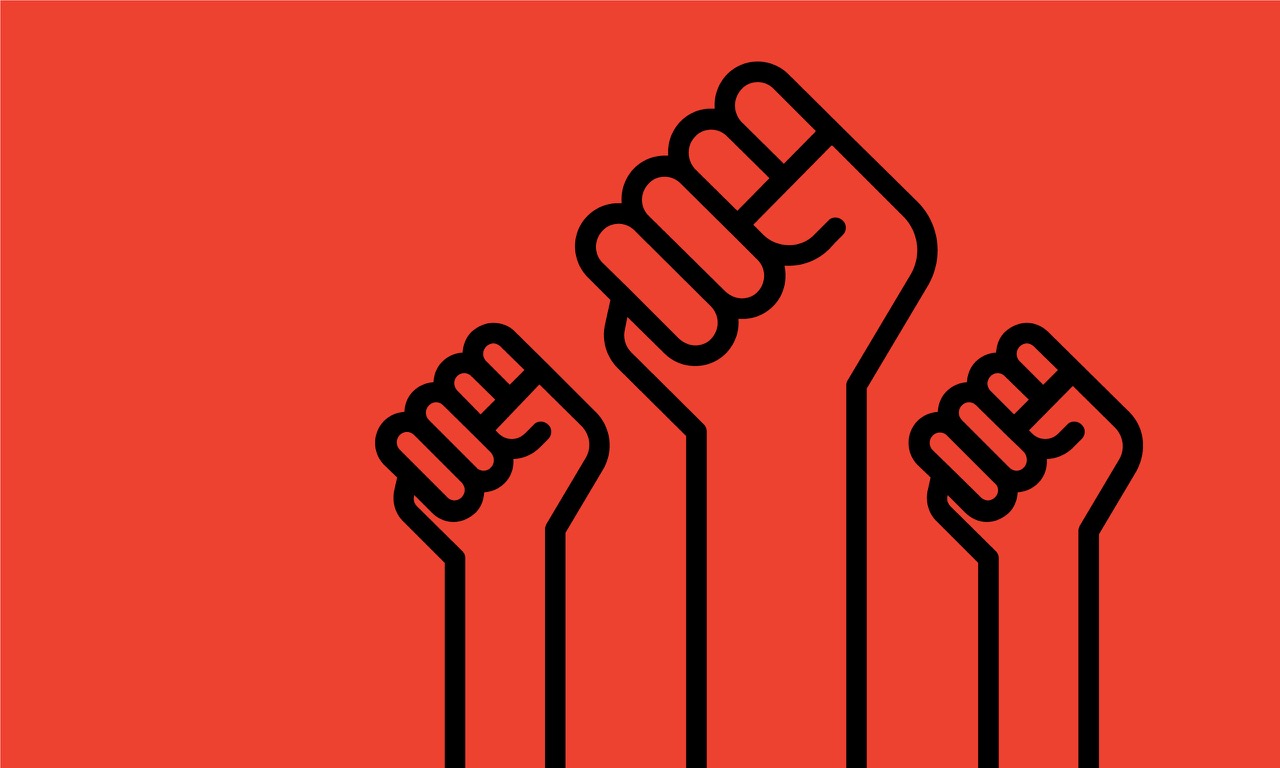The Brook House Three, charged with causing a public nuisance in 2021, have been acquitted after a trial.
Three people, known as the Brook House Three, locked onto each other on a road outside of Brook House detention center to prevent coaches from forcibly transporting people onto deportation flights to Jamaica. The group used metal pipes in their efforts to latch together, and due to their protesting, prevented 46 people from deportation.
Initially charged with aggravated trespass, the Brook House Three were then charged with causing a public nuisance, a much more serious offence. The change has a direct relationship with an increase in state hostility and negative views of protestors in the UK. Activists, should they be convicted, commonly face serious sentences upon conviction, with a maximum of 10 years imprisonment. The Public Order Bill passed earlier this year claims to up the offenses of all forms of protesting, and threatens to criminalise those which were previously protected under Articles 10 and 11 of the European Convention on Human Rights.
A freedom of information request, which provides the right to inquire with public sector organisations for information, was made about the trial. The request revealed that of the 50 people that were set to be forcibly removed from the UK in November 2021, 41 still currently reside in the UK. With another flight scheduled to depart in May 2022, this statistic suggests that by the Home Office’s high standards, 41 of the 50 people set to be forced out had an arguable legal claim despite their prior forced removal attempts.
While on trial, the defendants gave evidence regarding their motivations for blocking the road. They spoke about their desire to protect families at risk of being separated, people who could be in immediate danger if deported, and people who have survived modern slavery. They spoke about their collaborative efforts with those inside Brook House in attempts to delay their deportation. The defendants also gave several accounts in which the detention centre guards were racist and dehumanising.
According to UK abolitionist direct action group Stop Deportations, this case exists in a time when “compassion, solidarity, and any attempt to hold the government accountable are being turned into a crime.” While the Brook House 3 stood on trial, the judge refused to let a witness statement and evidence from experts on the UK detention and deportation regime be presented to the jury.
The trial closed with the Brook House Three’s acquittal, a demonstration that the jury “refused to adhere to the government’s authoritarian anti-protest and racist, anti-migrant rhetoric.”







